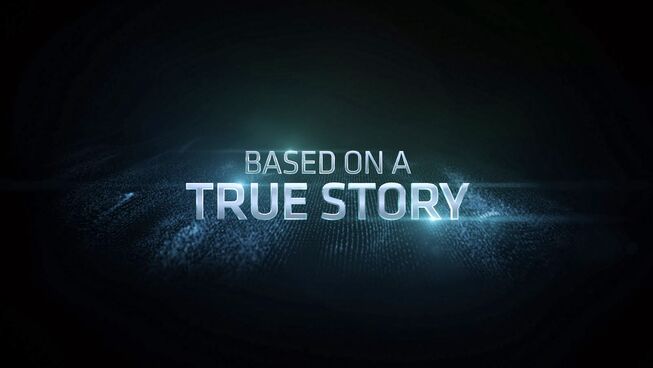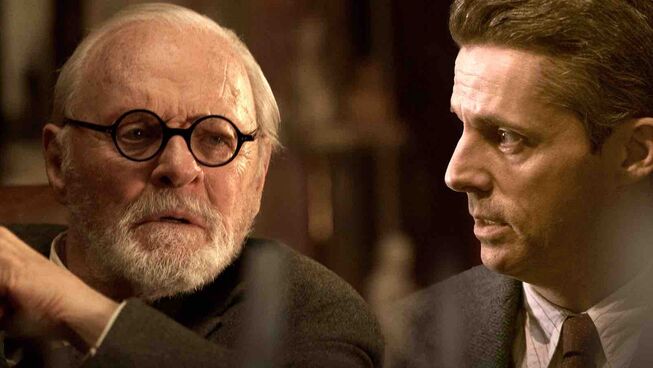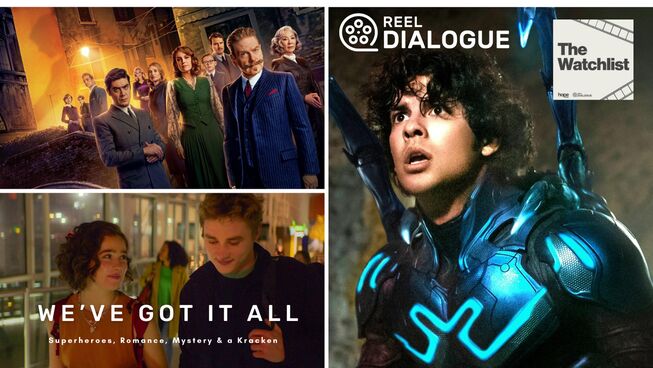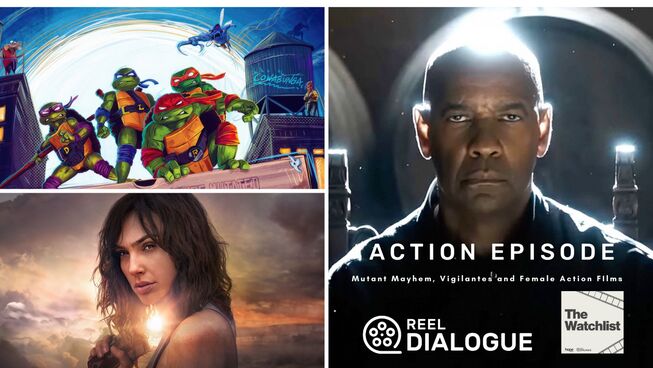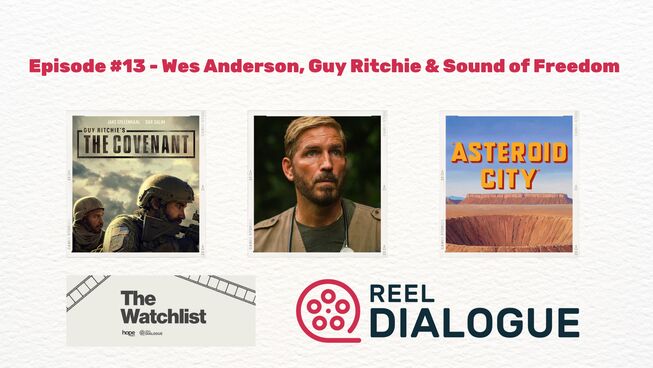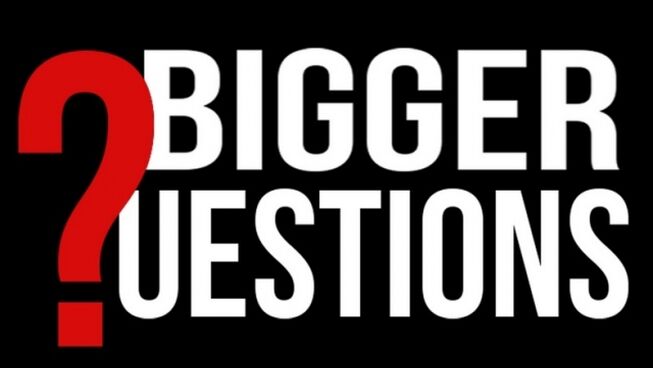The Big Short
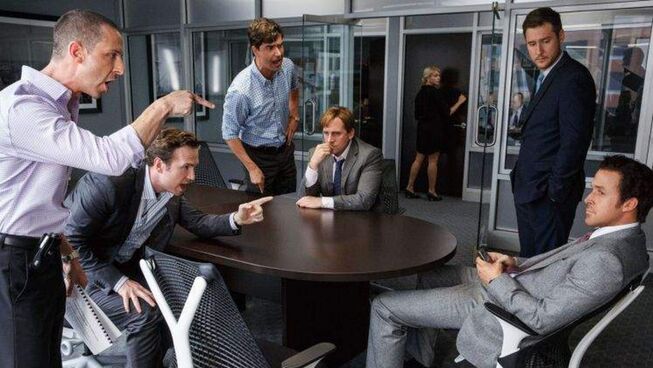
4 out of 5 stars
The financial meltdown of the world economy in 2007 remains a mystery to many outside of the finance industry. The media focussed on the U.S. housing market and many of it’s largest banks but, for the average person, the whole incident is still a bit of a quandary. Through his book, The Big Short, Michael Lewis attempted to make this global catastrophe understandable by telling three different stories of individuals in the finance industry. These men saw the bubble of the U.S. mortgage housing market and took the risk to bet against the system. Director Adam McKay (The Other Guys) delivers Lewis’ stories of Michael Burry (Christian Bale), Mark Baum (Steve Carell) and retired investment banker Ben Rickert (Brad Pitt) as they investigate the demise of one of the most trusted financial institutions in history — the U.S. housing market.
This description could cause many to give this exceptional film a miss. But would be a film-going travesty. With The Big Short, McKay manages to do something that is rarely achieved in economic schools or on the silver screen. McKay’s film makes global economics accessible, interesting and even entertaining.
Mortgage lenders relied on the fact that the general populace would not be able to understand the intricacies of housing finance which, in some way, led to the ultimate demise of this institution. Fortunately, The Big Short does not leave the audience without explanation. Amid the engaging dialogue, well-written characters and on-the-money acting performances, McKay delivers well-placed vignettes that provide enough information to keep the audience informed of the details of the fraud that led to the downfall of the U.S. and global financial systems.
If you have seen the trailers, you probably assume that the key players are all interwoven. Outside their awareness of the anomalies in the market, the three stories of Burry, Baum and Rickert run on different yet parallel tracks. Each must go through its own means of investigation, deal with unbelief about the market and react to the moral implications of wagering reputations against one of the most trusted institutions in history.
Pitt, Bale and Carell provide some of the most original performances of their careers. They are able to get lost in their characters to the point of being unrecognisable from most of their previous roles. Outside of the excessive language and lifestyles which crop up throughout The Big Short, there is little to diminish the value of the writing and acting of this tale of economic woe.
What might cause most discomfort within social commentary triggered by this film is the utterly ludicrous nature of the rise and fall of an institution that many home owners put their faith in over the years. Given the historical nature of The Big Short, McKay manages to masterfully manage our anticipation of the eventual failure of the system.
It’s a bit like we are watching the arrogance of the makers and captain of the Titanic, that led to the sinking of that celebrated vessel. The Big Short’s writers, director and actors deliver a tale that provides the same level of suspense through to the end of the credits of this economic shipwreck.
The subject matter of world economics will still cause some people to give this film a miss but, in making that foolish choice, they will have missed out on one of the best films of the year.
Reel Dialogue: Ethics. Morals. Finances. Justification.
If you were allowed the opportunity to break the law, get away with it and make money in the process, would you take that opportunity?
The Big Short takes a magnifying glass to the ethical and moral implications of the finance industry. But the most fascinating aspect is watching as all involved try to justify their decisions. One of the key parts of the plot occurs while Mark Baum and his team investigate the housing market in Florida. They interview men who are fleecing the system by taking advantage of immigrants and strippers. These men reveal all of the morally repugnant things that they have been doing, but they brag about their actions and share their justification of becoming rich in the process.
What this exposes is the portion of human nature where people, engrossed in their sin, justify what they do. Justification becomes the method of convincing themselves that they can do it — because everyone else is supposedly doing it too.
Welcome to a vicious cycle that never leads to good results in the end.
- What does the Bible say about finances? (Proverbs 6:6-11, Luke 16: 1-13)
- Can we ever find true justice? (Proverbs 21:15, Romans 12:19)
- Is it okay to make an ethical stance against wrongs in society? (Proverbs 25: 26, Ephesians 6: 10-17)

